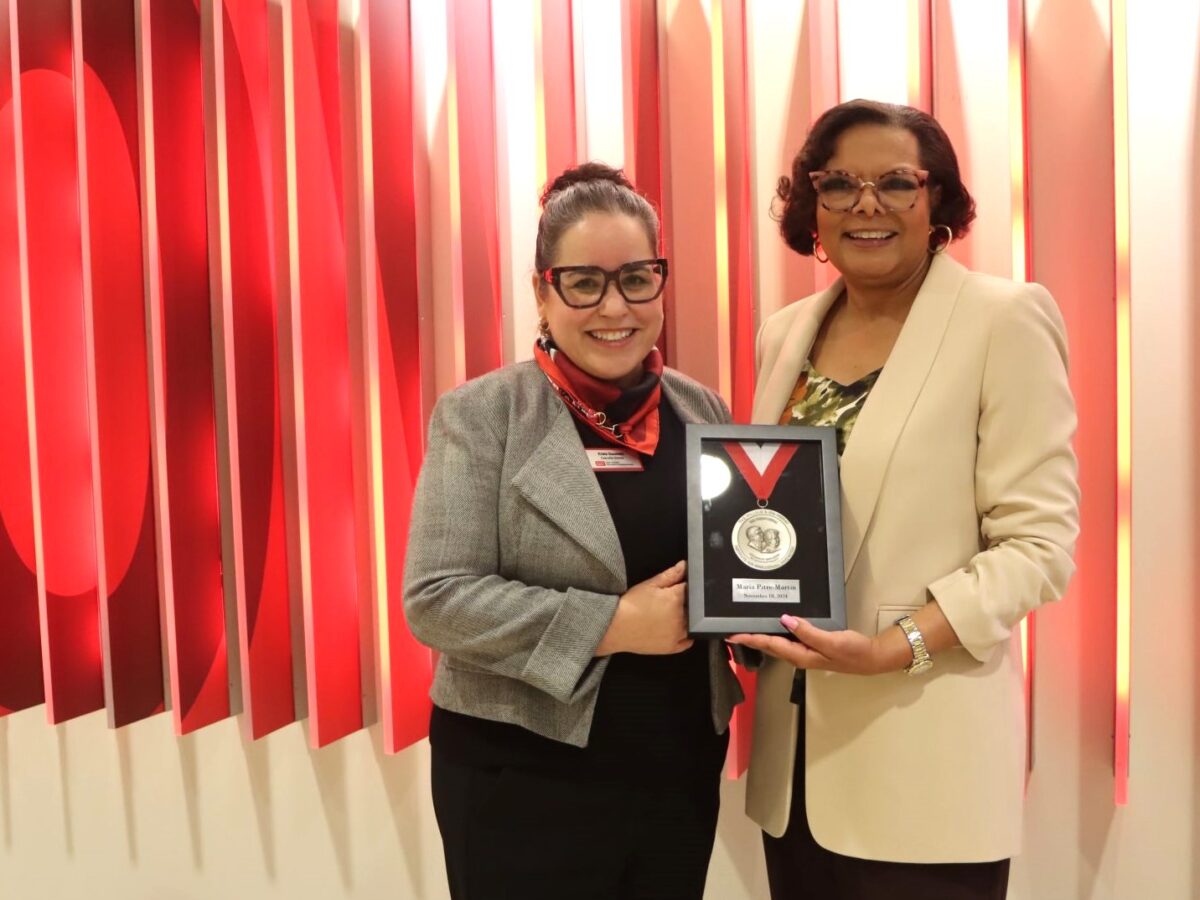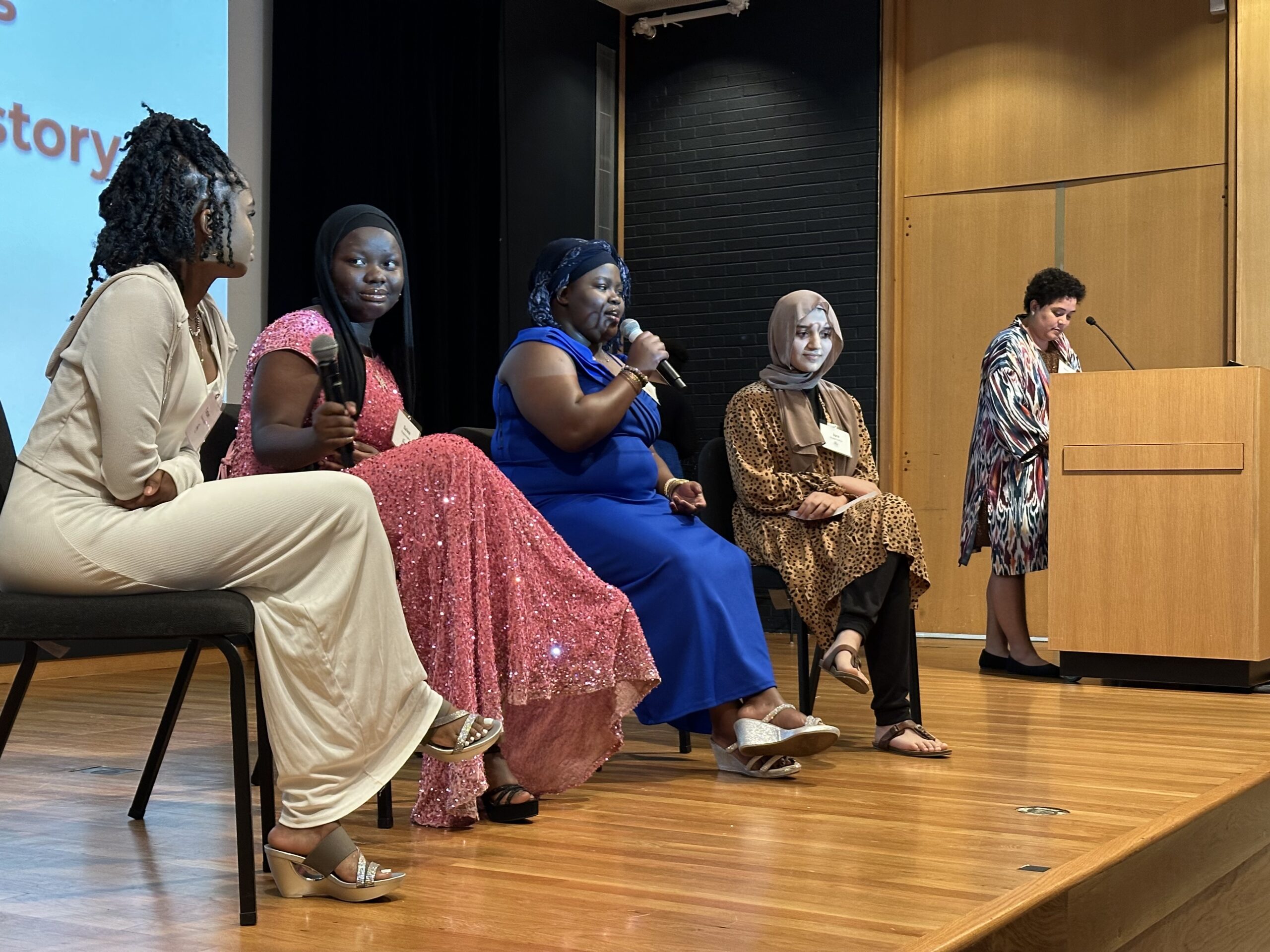PLLC Director Melissa Rasberry Contributes to New Book on Computing Education for In-Service Teachers
A new book on research and practices in computing education includes a chapter about micro-credentials as a pathway for professional development written by Melissa Rasberry, director of the Professional Learning and Leading Collaborative at the Friday Institute for Educational Innovation. This book will provide examples of professional development approaches for preparing and supporting K-12 teachers to integrate computer science into their classrooms and promises “pedagogical strategies that advance teacher learning and alternative pathways for ongoing learning.”
Professional Development for In-Service Teachers: Research and Practices in Computing Education, published by Information Age Publishing, examines how to best train K-8 teachers to integrate aspects of computing into existing curricula and high school teachers to deliver stand-alone computer science (CS) courses. According to the publisher, the book will “serve as a valuable addition to education practitioners and curriculum developers as well as policymakers looking to increase the number of teachers who are prepared to deliver computing education.”
“This book captures the learnings over the past five years to help shed light on what’s needed to ensure the teacher supply meets the CS teaching demands,” said Rasberry.
In 2016, President Obama launched the Computer Science for All initiative during his State of the Union address, calling for more access and opportunity for students in K-12 education to learn the CS knowledge and skills needed to prepare for the global workforce. Since then, the National Science Foundation and the U.S. Department of Education, along with private philanthropic organizations, have issued numerous funding opportunities to support training and professional development of in-service teachers to learn to teach CS content in K-12.
“We stand at a critical crossroads in K-12 education,” said Rasberry. “Stakeholders have recognized the importance of teaching students CS concepts and skills, but we don’t yet have enough properly trained teachers in place to cover the staffing needs. We must look beyond traditional graduate programs to ensure that we have classrooms filled with skilled CS teachers. Micro-credentials present one option for assessing and certifying those teachers’ knowledge and acumen.”
Research and Practices in Computing Education is divided into four parts. Rasberry’s chapter, “From Clock-Based to Competency Based: How Micro-Credentials Can Transform Professional Development,” is included in Part IV: Alternative Professional Development Approaches: University Courses and Micro-Credentials.
Co-written by Rasberry and former colleagues Gretchen Weber and Joseph Wilson, this chapter reflects on their efforts in using micro-credentials as an alternative strategy for assessing the computer science knowledge and skills of K-12 teachers through a statewide initiative. It presents evidence as to why micro-credentials could serve as one means for K-12 teachers demonstrating what they know rather than having to go back and earn an additional degree.
Since computer science is not included in most teacher preparation programs, professional development is a critical step in efforts to prepare in-service teachers to deliver high-quality computer science instruction.
Another chapter in the book, “Expanding Computer Science Opportunities: A Personable, Flexible Model for Professional Learning,” was co-written by a group of former Friday Institute staff based on the Friday Institute’s online professional learning computer science courses for educators.
About the Friday Institute
The Friday Institute for Educational Innovation advances K-12 education through innovation in teaching, learning and leadership by bringing together students, teachers, researchers, policymakers and educational professionals to foster collaborations that improve education for all learners. The Friday Institute for Educational Innovation is part of NC State’s College of Education, one of the leading land-grant colleges of education in the nation.
- Categories:



